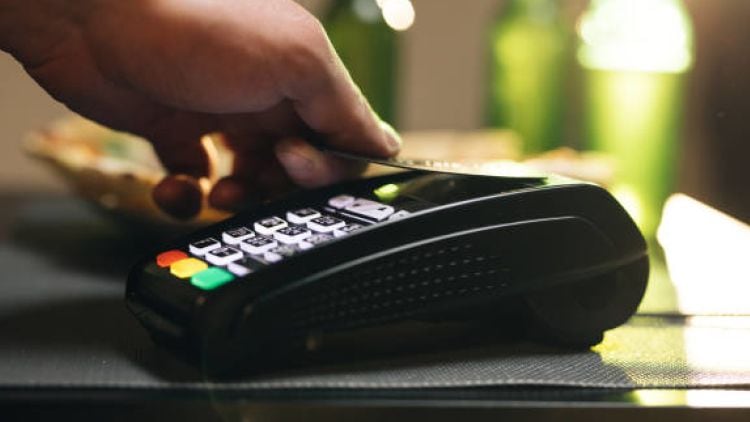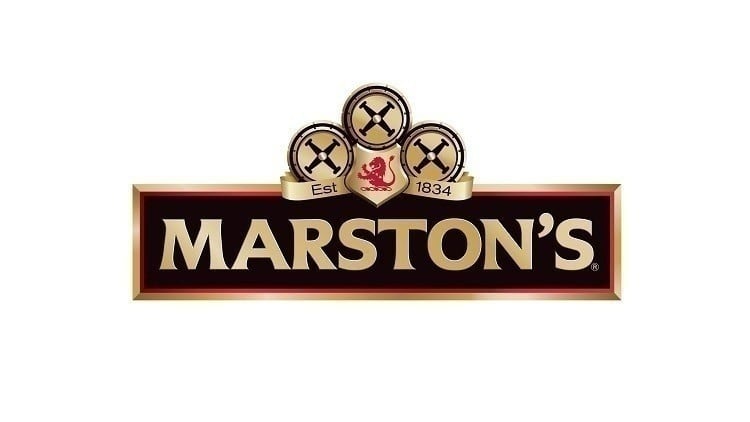Spending on essential items grew 3.3% compared with the same period in 2021, though restaurant spend fell 12.2 % while bars, pubs and clubs slipped into the red for the first time since March 2021 with a 0.4% decrease.
The data from Barclaycard, which sees nearly half of the nation’s credit and debit card transactions, showed Brits cut back on discretionary purchases during September in response to rising living costs and opted to stay at home, resulting in a 10.1% boost for takeaway businesses, the biggest since March this year.
Barclaycard director Esme Harwood said: “Energy price increases are understandably causing concern for Brits, as they worry whether they will have enough money to cover their household bills.
Inflationary headwinds
Consumers are taking a savvy approach to budgeting as they reduce spending on discretionary items and seek more value in their weekly shop, which is having a knock-on effect on retail and hospitality sectors.
“However, Brits are also looking for ways to enjoy themselves at home while saving money, which has led to growth across “insperience” categories such as digital subscriptions and takeaways.
“It is likely to remain a challenging time for many other sectors as consumers focus on essential spending and businesses continue to navigate inflationary headwinds.”
Additionally, the entertainment sector enjoyed an uplift, rising 1.3% after seeing a slight dip last month (1.3%), likely due to Brits taking trips to the theatre and attending live music events in the last weeks of summer.
Challenging time
However, according to the data, more than half (53%) of consumers have planned to cut down on discretionary spending to combat higher utility bills, with 51% opting for evenings at home over the coming months.
As household energy bills saw a 48% increase in September, one in 10 (91%) of Brits expressed concern regarding rising bills over Autumn and Winter, with the majority cutting back on eating out at restaurants (60%) and drinking in pubs, bars and nightclubs (47%).
Financial expert and author Makala Green said: “To ensure consumers can manage their budgets during this challenging time many will be weighing up whether they can afford certain nice-to-have purchases and experiences, such as buying new clothes or going out to eat.
“Categories like restaurants, pubs and clothing retailers are already seeing a decline in demand, as consumers focus on keeping cash in their pockets to cover essentials such as energy bills and weekly shopping.
“As the busy festive period approaches, and the impact of rising energy bills starts to take effect, cost-saving behaviours will become even more crucial as Brits look to keep their finances in check.”





